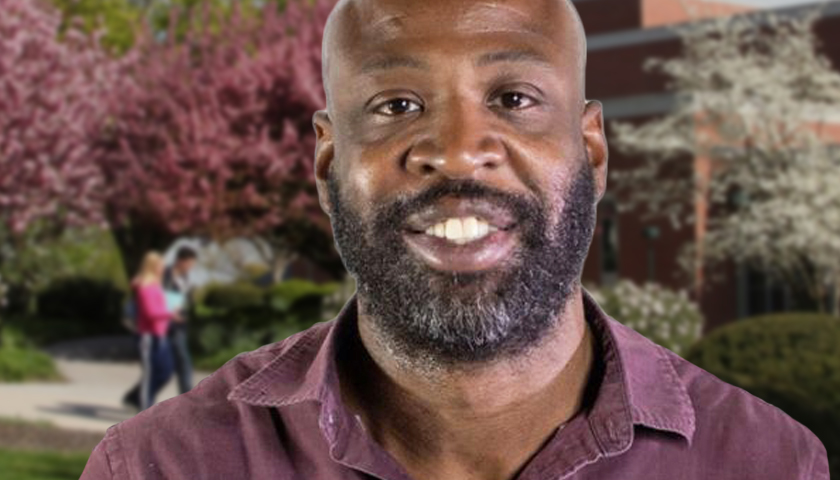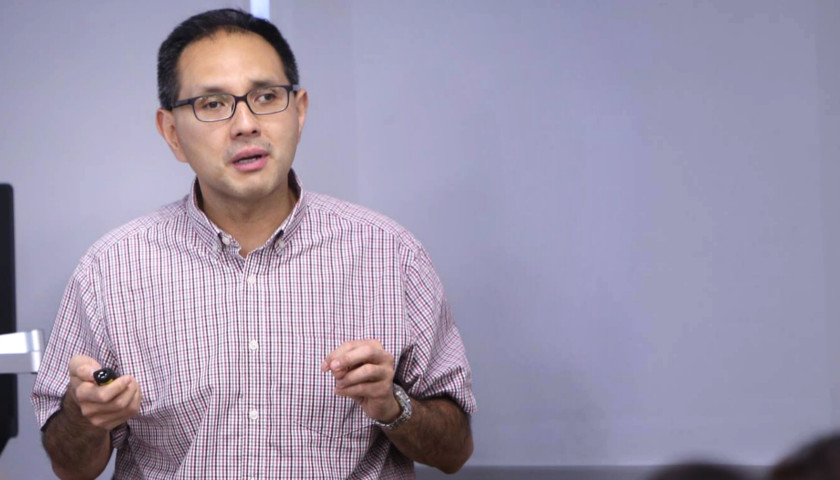Erec Smith is an associate professor of Rhetoric and Composition at York College of Pennsylvania. After experiencing cancel culture 2019, he has since become an advocate for viewpoint diversity, especially in the Black community.
In a June 2021 “On the Media” podcast, Smith discussed the incident that led him to be “canceled” in higher education.
He spoke to WNYC Studios’ Shamed and Confused podcast about “Feeling ‘canceled’ in Academia,” and was featured in a December 2021 segment on Reputation.Erec Smith is an associate professor of Rhetoric and Composition at York College of Pennsylvania. After experiencing cancel culture 2019, he has since become an advocate for viewpoint diversity, especially in the Black community.
In a June 2021 “On the Media” podcast, Smith discussed the incident that led him to be “canceled” in higher education.
He spoke to WNYC Studios’ Shamed and Confused podcast about “Feeling ‘canceled’ in Academia,” and was featured in a December 2021 segment on Reputation.
Read More








